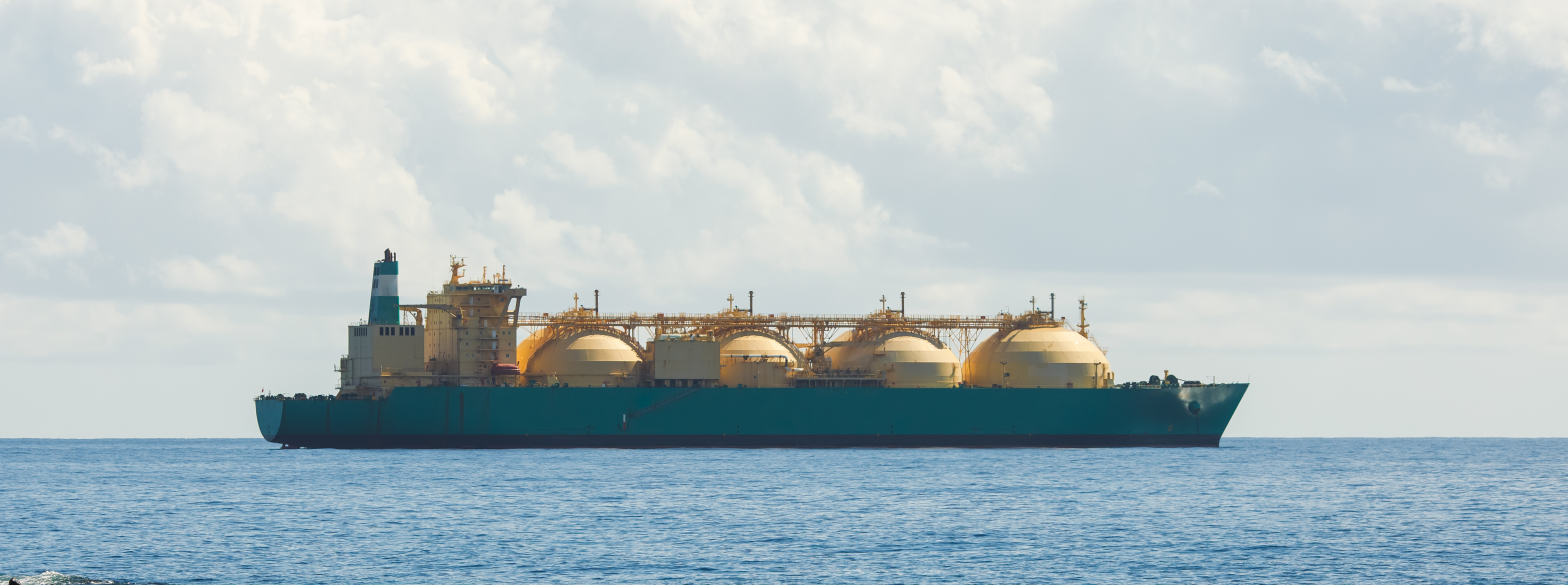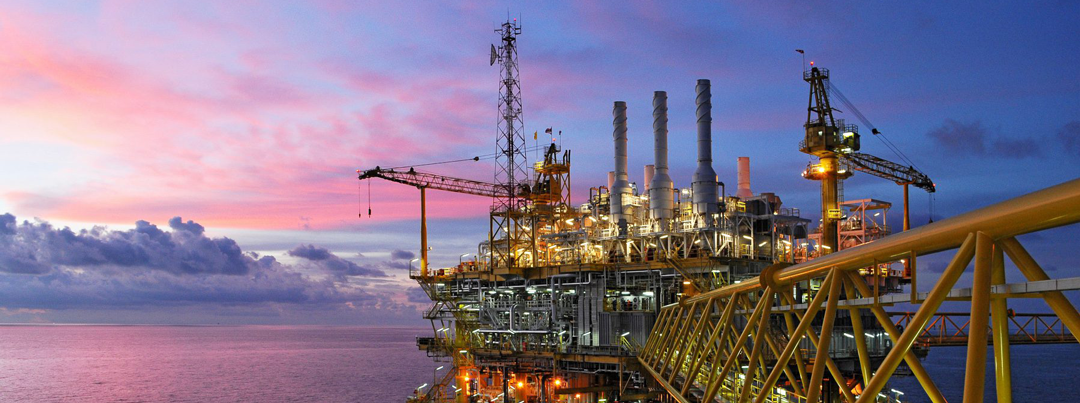2020 has not been the year we were all expecting but that has not stopped the LNG industry from participating in the annual World LNG Summit – albeit virtually.
Gone was the in-person networking, but in its place was a refreshing focus on the topics of the moment – including the impact of Covid-19 on the global LNG market, supply and demand, and of course the drive for cleaner energy as countries across the globe attempt to reduce emissions.
There has never been a more important time for green energy and whilst some progress has been made, we are still a long way away from having an entirely renewable energy supply. At MiQ, our mission is to reduce the impact from oil and gas methane emissions until we get there. Over the course of the conference, it became evident that there is a significant section of the LNG market in agreement on the need for emissions reduction. Speakers and attendees all agreed that for LNG to remain an important part of the energy supply chain, it needs to be cleaner. And it is up to the market to make these changes.
There was significant discussion on the recently publicised “green” LNG deals, that claimed to be “carbon neutral”. However, panellists and attendees questioned the credibility of the carbon neutrality claims as neither the methodology nor measurement data had been shared. We, at MiQ, see this as a critical issue and we are not alone. Professor Jonathan Stern, a Distinguished Research Fellow at The Oxford Institute for Energy Studies, gave a very insightful presentation on “why the LNG industry urgently needs to address GHG emission issues”. He also raised the issue of lack of transparency when it comes to how emissions are measured, and the offsets calculated.
If LNG is going to compete against other energy sources for its place as part of the energy transition, then the non-transparent nature of the industry must change, and fast. We need to see and understand both the data and the methodology, and we need a level playing field around the world that will allow for robust comparisons and benchmarking. Without this, the sector leaves itself open to criticism of ‘green washing’ – a term we hear too often regarding emissions reductions commitments.
Methane emissions in particular are an increasing area of focus, and risk, for LNG. In order to substantiate its environmental claims, the LNG sector must at minimum mitigate its methane emissions – both in its direct operations and upstream.
Methane is an extremely potent GHG. It is 84 times more harmful than carbon dioxide in the short term. Globally, human-made methane emissions increased by 1.3 percent every year for the last decade, and by 1.7 percent in 2018 alone. Methane emissions from the oil and gas sector are equivalent to the emissions of the world’s entire on-road transport fleet, but according to the IEA 75% of emissions from the oil and gas sector can technically be avoided and around 40% of that at no net cost. So, what are we waiting for?
Producers have put in place measures to start addressing methane emissions, and an independent, globally applicable certification system as proposed by MiQ will provide the transparency needed to showcase these efforts and enable the industry to benchmark improvements. The MiQ Standard provides that level playing field needed so that buyers have confidence in the provenance of their gas no matter where it comes from and will allow for the differentiation of gas based on its methane emissions performance.
MiQ can already certify gas production, and as we continue to develop this certification through to pre-liquefaction, we will expand its remit to include the entire LNG chain and work with the LNG market in 2021 to pilot this. By the next time the LNG industry meets in person we will be able to show progress in this area through our success stories.




